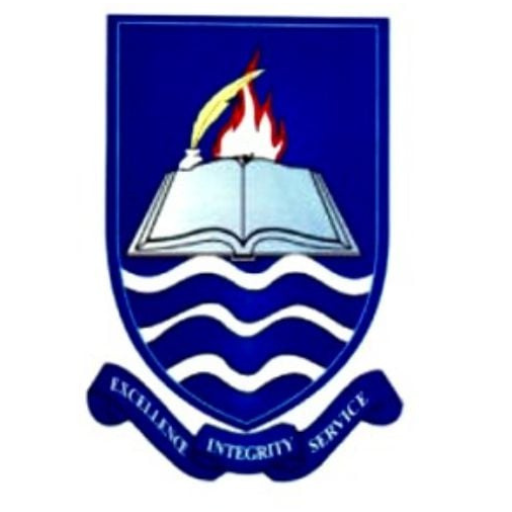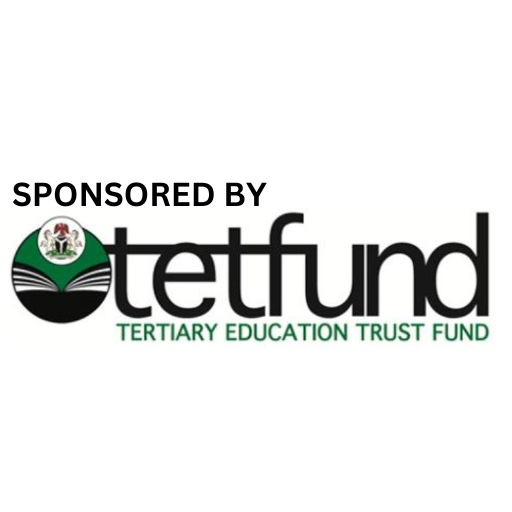Comparative Study of Challenges in Implementing Problem-Solving and Cooperative Methods in Teaching Business Studies in Rivers State
Keywords:
Problem-Solving, Cooperative, Teaching Methods, Challenges, ImplementationAbstract
This study examined the challenges associated with implementing problem-solving and cooperative methods in teaching Business Studies in junior secondary schools in Rivers State. Specifically, the study investigated the problems confronting teachers when applying the problem-solving and cooperative methods for effective Business Studies instruction. Two research questions and two null hypotheses guided the study and were tested at a 0.05 level of significance. A descriptive survey research design was adopted. The population consisted of 750 Business Studies teachers across 289 public junior secondary schools in Rivers State. A sample size of 260 teachers (115 male and 145 female) was determined using the Taro Yamane formula and selected through stratified random sampling across the three senatorial zones of the state. Data were collected using a structured questionnaire titled Comparative Study of Challenges in Implementing Problem-Solving and Cooperative Methods in Teaching Business Studies Questionnaire (CSCIPSCMTBSQ), which consisted of items designed to elicit responses on the challenges faced in both teaching methods. The instrument’s face and content validity were reviewed by experts in curriculum and instructional technology, while its reliability was established through the split-half method, yielding a coefficient of 0.82. Data were analysed using mean and standard deviation for the research questions and a Z-test for the hypotheses. Findings revealed that the implementation of the problem-solving method was hindered by challenges such as students’ poor background preparation, lack of perseverance, and insufficient funding, while cooperative learning was limited by a lack of team spirit, unsuitable timing, and poor interpersonal relations among students. The study found no significant differences in the responses of male and female teachers regarding the challenges encountered. Based on the findings, it was recommended that in-service training programmes be organised to equip teachers with strategies for effective use of both methods, and that the government provide adequate funding and instructional facilities to support innovative teaching methods in Business Studies.
References
Adeyemi, B. A. (2008). Effects of collaborative learning and problem-solving strategies on junior secondary school students’ achievement in social studies. Electronic Journal of Research in Educational Psychology, 6(3), 691 – 708.
Aliyu, M. M. (2006). Subject method for business teachers. More Hope Publications.
Cantrell, D. (2004). Using a variety of teaching methods and strategies. Wiley.
Ezeani, N. S. (2013). Book-keeping and accounting curriculum and its impact on discovery learning business education in Nigeria secondary school. Calabeks Publishers. Federal Republic of Nigeria (2004). National policy on education. NERDC.
Federal Republic of Nigeria. (2004). National Policy on Education (4th ed.). Lagos: Nigerian Educational Research and Development Council (NERDC).
Ibe, H. N. (2013). Effects of guided-inquiry and expository teaching methods on senior secondary schools students’ performance in biology in Imo State. Journal of Education Research and Behavioral Sciences, 2(4), 51-57.
Olatoye, A. O., Ojeyinka, A. G., & Ogunleke, M. O. (2020). Business education in Nigeria: Challenges and way forward for national development. Journal of the Business Education, KWASU, 3(1), 79–84.
Rivers State Universal Basic Education Board(2021).Education Management Information System. Planning Research and Statistic Unit (2021).
Uwameiye, D., & Ogunbameru, M. T. (2018). A comparative analysis of two methods of teaching financial accounting at senior secondary schools. Johor Bahru.
Wali, G.I. (2002). Educational Research. A functional approach. Harey Publications.








